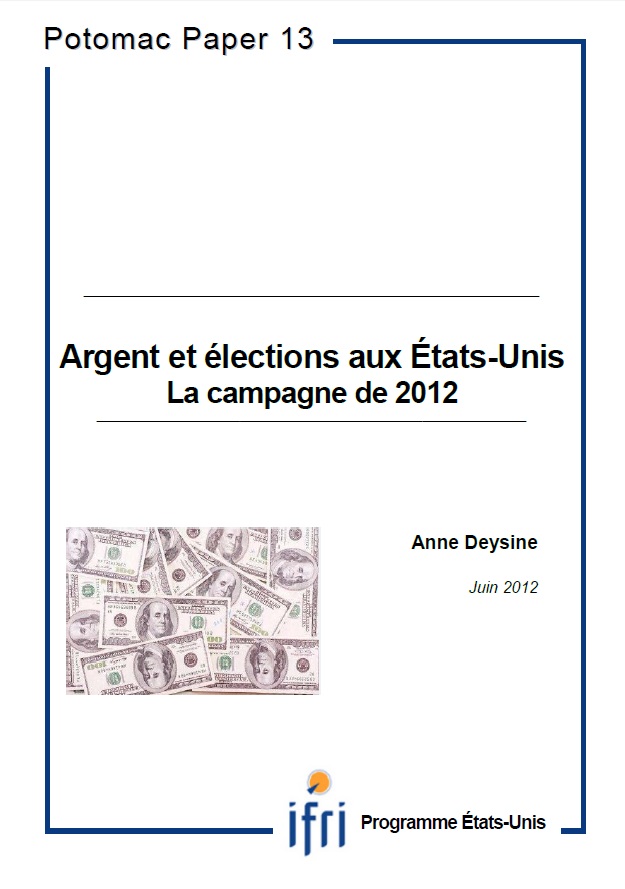Argent et élections aux Etats-Unis: la campagne de 2012

Campaign funding in the U.S. follows a number of rules that are complex and often bypassed. These rules have been upset by recent judicial decisions, and the 2012 electoral campaign has seen the rise of unlimited donations. The impact on the democratic process is potentially important and prospects for a short-term remedy remain limited.
Financed primarily by the private sector, American electoral campaigns are particularly expensive. This regularly leads to clientelism and corruption scandals, and causes citizens to become disillusioned with politics.
The FECA (1974) and McCain-Feingold (2002) laws, with the addition of Supreme Court rulings (especially Buckley, 1976 and McConnell, 2002), had put in place regulations for electoral finance and speech and imposed certain transparency rules.
This intricate system, already bypassed in many ways, was upset in 2010 (Citizens United, SpeechNow). In effect, the Supreme Court ruled that businesses and unions have the same right as individuals to contribute to political life. Through Super PACs, which must not coordinate with the candidate that they are supporting, they can now spend unlimited amounts during a campaign.
This change has caused an unprecedented influx of money and negative advertisements in the November 2012 election campaign. Many people, including some Republicans, claim that the present situation is a danger to democracy.
Yet neither Congress nor the Federal Election Commission seem ready to address the problem. The only solution would be a reversal of the Supreme Court ruling on that issue. Indeed, major reversals of Supreme Court rulings have occurred several times throughout history.
This content is available in French : Argent et élections aux États-Unis : la campagne de 2012




